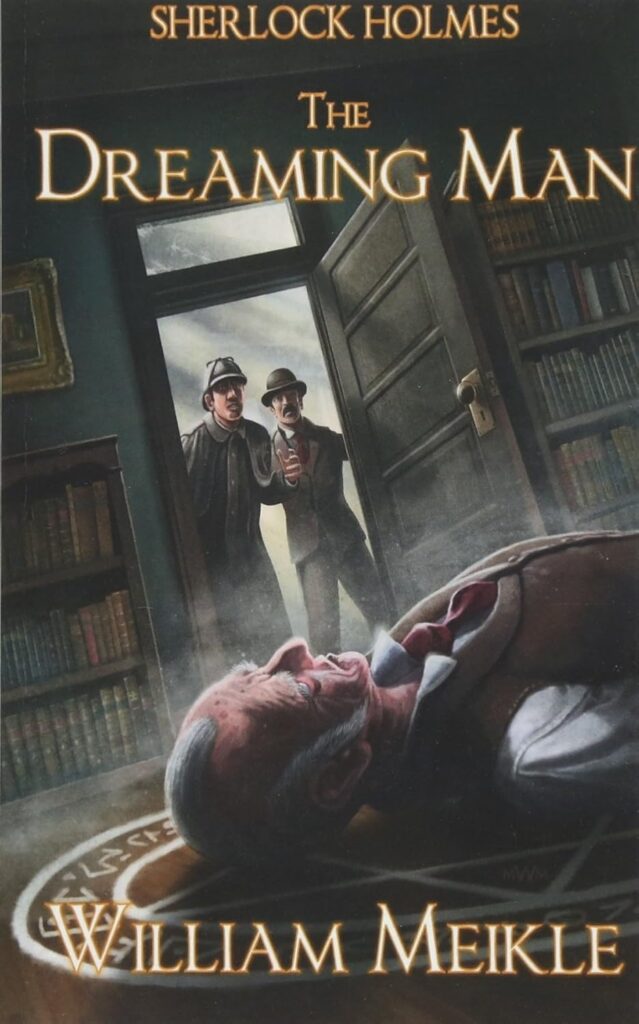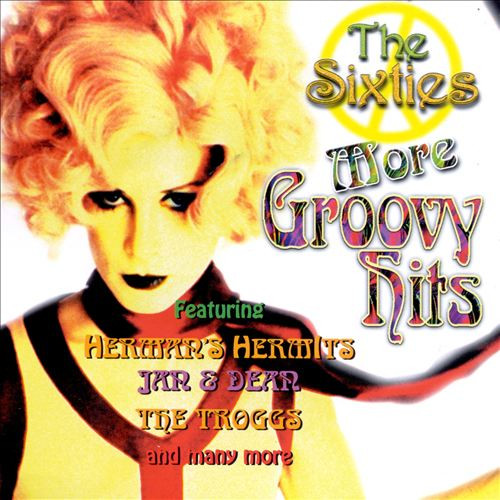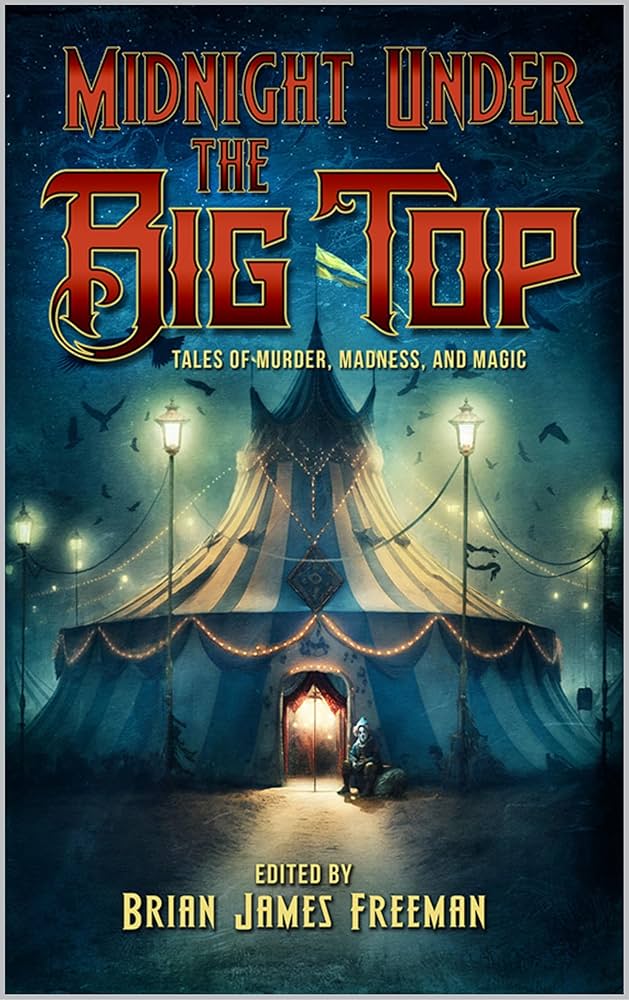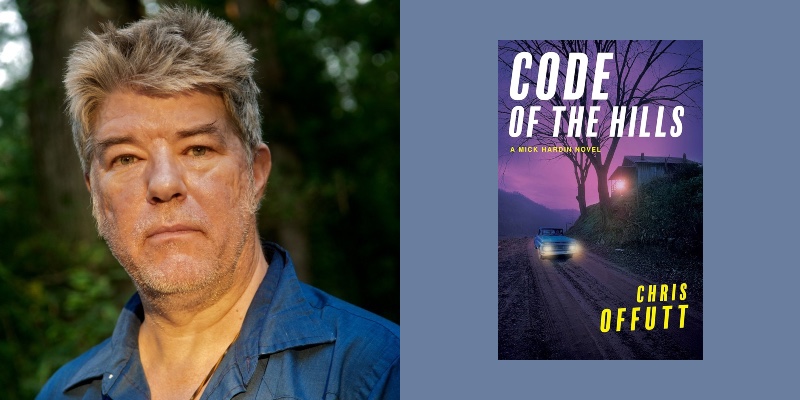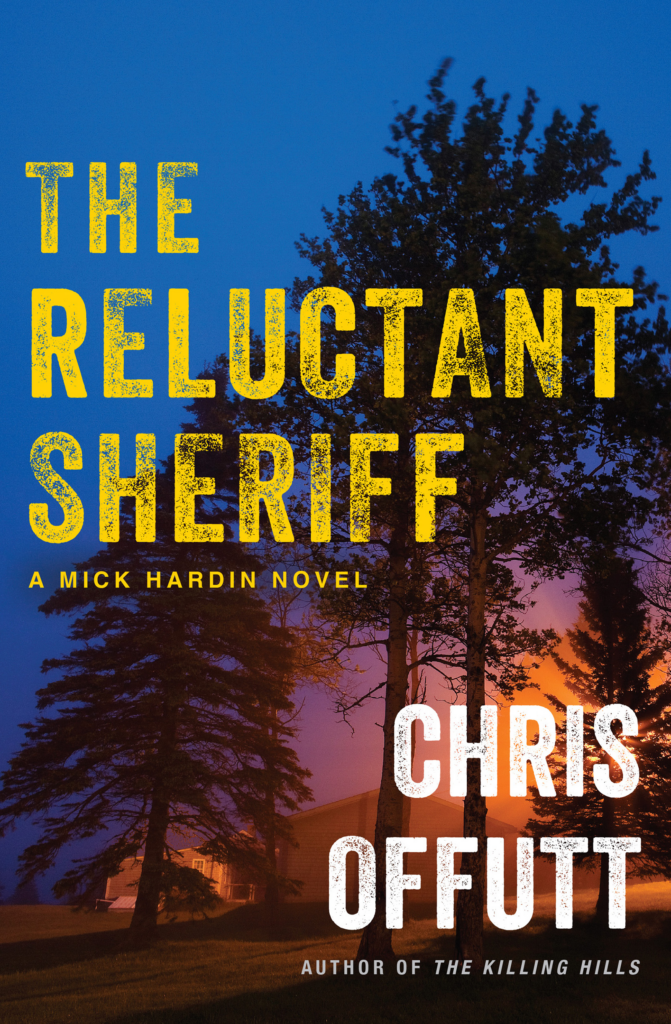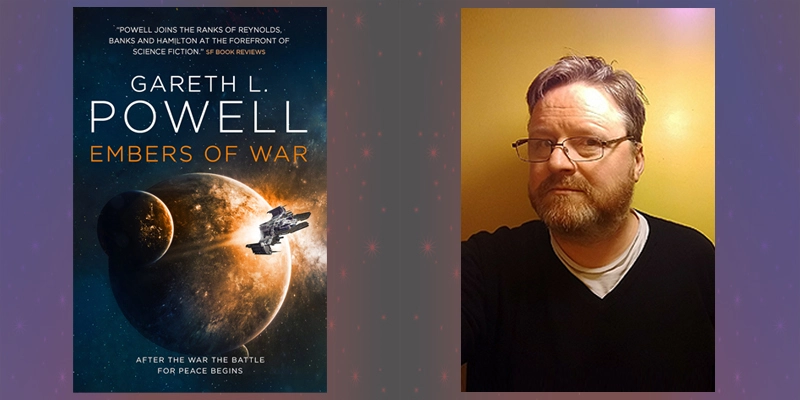
We the Pizza is not just another cookbook. It’s the story of Abdul-Hadi’s decision to blend pizza with improving his struggling community in Philadelphia. In the midst of the pandemic, Adbul-Hadi opened his first Down North Pizza in November 2020. The sub-title of his book, Slangin’ Pies and Savin’ Lives, applies to the work Abdul-Hadi has been doing with his pizza business since its start. He decided he would use his pizza business to tackle one of the daunting problems in his community: recidivism.
“I didn’t just want to open up a restaurant to sell pizza and not have something that could benefit the community at-large,” Abdul-Hadi said. “So I chose to focus on one of the various issues that plague this particular part of Philadelphia, which is recidivism. [We focus] on hiring individuals who’ve been formerly incarcerated so that we can provide kind of like a cornerstone for the neighborhood,” he explained. “The neighborhood will understand that we’re coming in to service the neighborhood and also bring some positivity into a neighborhood that has been surrounded by a lot of negative things.”
We the Pizza includes recipes for Abdul-Hadi’s award-winning pizza, the pizza dough, the “Norf” sauce, wings, fries, lemonade and the buffalo cauliflower. I really liked the chapter of recipes for vegetarians and the art of making world-class vegan pizza.
Not only do you get wonderful recipes in We the Pizza but you also get the inspiring stories of the ex-cons Abdul-Hadi’s business have saved. What’s your favorite pizza? GRADE: A
TABLE OF CONTENTS:
FOREWORD — 6
Preface — 9
Playlist — 16
The Down North Commissary — 20
- Doughs, sauces + such — 31
- Vegetable + vegan pizza — 65
- Meat + seafood pizza — 94
- Pizza collabs — 144
- Wings + fries — 170
- Lemonades + milkshakes — 190


